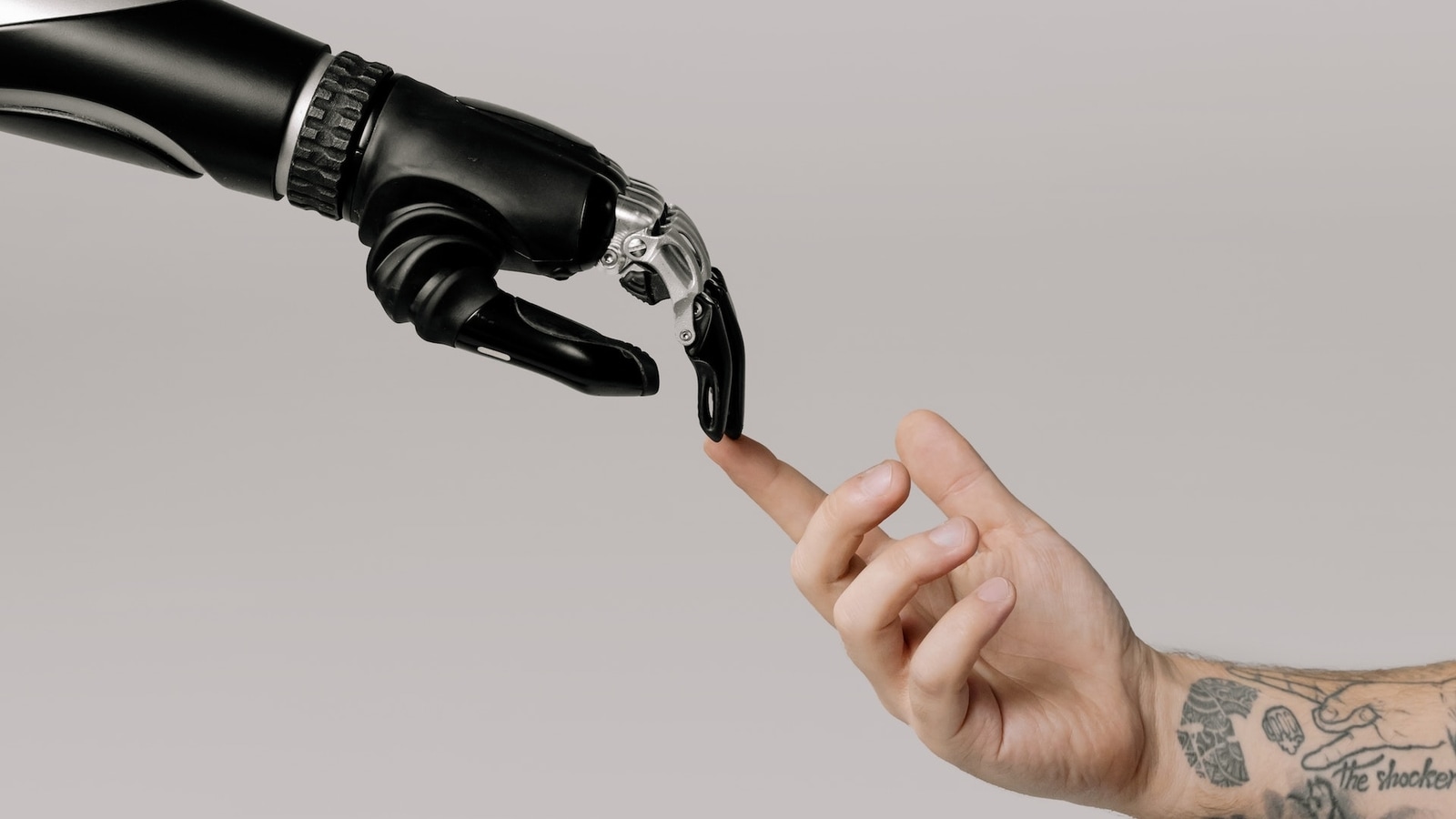US Federal Judge rules AI-generated art is uncopyrightable; UK PM Rishi Sunak allocates 100 mn euros for AI chips in global computing race; Study reveals 40% of workers need reskilling in 3 years due to AI; IIT Madras aims to secure 25 gold medals in 10 years with AI training solutions- this and more in our daily AI roundup. Let us take a look.
1. US Federal Judge rules AI-generated art can’t be ‘copyrighted’
A US Federal Judge, Beryl A. Howell, has declared that AI-generated art cannot be copyrighted. This ruling came in response to a lawsuit against the US Copyright Office by Stephen Thaler, who sought copyright for an AI-generated image, the Verge reported. Judge Howell stated that copyright requires human authorship and that AI lacks the necessary human touch. However, she recognised that AI’s role in art creation raises complex questions for future copyright law.
2. Rishi Sunak Allocates 100 mn euros for AI chips
UK PM Rishi Sunak is investing £100 mn of taxpayer funds to acquire thousands of advanced AI chips, aiming to boost Britain’s standing in the global race for computing power, Telegraph reports. Collaborating with tech giants Nvidia, AMD, and Intel, the government is establishing an “AI Research Resource.” An order for around 5,000 Nvidia graphics processing units (GPUs) is in progress. While this is a step towardUK AI ambitions, officials are urging for more significant funding to match international competition in AI chip technology.
3. Study reveals 40% of workers need reskilling in 3 years due to AI
A recent study reveals that approximately 40% of the global workforce, equivalent to 1.4 billion individuals, will require reskilling within the next three years due to the influence of artificial intelligence (AI) and automation. According to an IBM study, 87% of executives anticipate AI will augment rather than replace job roles. Entry-level positions are already feeling the impact, affecting over 75% of executives, while only 22% see it in senior management roles. CEOs, however, lag behind, with only 28% assessing the potential effects of generative AI, according to an IANS report.
4. IIT Madras aims to boost India’s medal tally in sports
IIT Madras is crafting smart training solutions to boost India’s medal tally, beginning with the 2024 Paris Olympics. Innovations like ‘SmartBoxer’ and a wearable sweat monitor aim to enhance athletes’ preparation and reduce reliance on foreign assistance, according to a PTI report. Indian athletes often face a technology gap due to foreign countries’ reluctance to share technological advancements. The goal is to secure 25 gold medals in a decade, fostering self-sufficiency through AI and IoT-based solutions for training.
5. Iowa faculty confronts new era of AI as classes commence
As classes resume at Iowa State University, faculty is grappling with the AI age. Professor Michael Bugeja, concerned about AI-generated misinformation (hallucinations), addresses the use of AI in his syllabus, the Gazette reports. He urges students not to substitute critical thinking with AI assistance for discussion responses. Plagiarism, misrepresentation, and shortcuts also worry educators, even as AI aids in improving efficiency, creativity, and skill improvement. Bugeja told the Gazette, “If you use ChatGPT to help you write a discussion-board response, you will be cheating yourself of the critical thinking that is a hallmark of this class. Chatbots can inspire you. That is fine. But you should write the content.”

